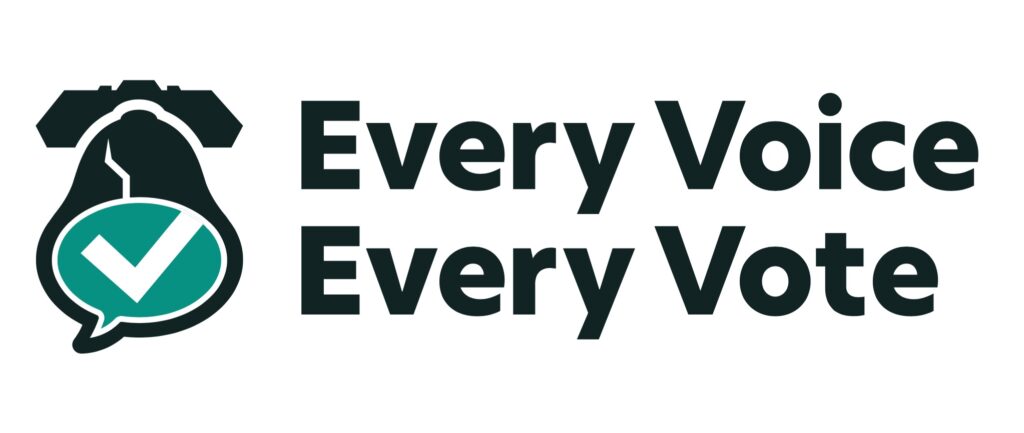The University of Pennsylvania’s (UPenn) LGBT Center hosted Chase Strangio — the co-director of the American Civil Liberties Union’s (ACLU) LGBT & HIV Project — as part of its Scholars-in-Residence program on March 25. The event included a talk by Strangio, a panel discussion with Strangio and several UPenn professors and directors, and a family dinner and community conversation open to students.
Strangio has contributed significantly to some of the most pivotal legislation facing queer and trans Americans, including under the Trump administration. Strangio has challenged North Carolina’s HB2, a law that bans trans people from using the bathroom aligned with their gender, as well as Trump’s trans military ban.
Strangio also became the first openly trans person to argue before the Supreme Court in his involvement in the United States v. Skrmetti case, which opposes Tennessee’s Senate Bill 1. This bill prohibits gender affirming care for trans minors in the state.
During his talk, “Trans Law and Social Movements,” Strangio spoke at length about the current climate, the legal battles the queer and trans community are facing, and the United States history that contextualizes all that is presently taking place under the Trump Administration.
Strangio first addressed the prevalent question, “How did we get here?” In response, Strangio said, “In some sense, we’ve always been here…it can be helpful to remember the ways we’ve always been here” and highlighted the issues with exceptionalizing what is happening on a national level now.
“In the aftermath of 9/11, we saw a lot of violations of civil rights and civil liberties, a lot of abuses of executive power, a lot of detainment of people in really scary ways, and that set a lot of dangerous precedent,” Strangio explained. “You can go back in time and identify a lot of other examples.”
However, Strangio added, “Right now, I think there is this sense of just outright flouting the separation of powers, claiming for President Trump a king-like authority. I do think that is anomalous; I don’t think we’ve really seen, at least in the last century, anything that’s as closely veering in towards that explicitly authoritarian, monarchical-type way of being.”
Strangio also outlined the multi-layered issue that has led America to the present moment, in which there is such a targeted onslaught of anti-trans legislation. Strangio implicated the LGBTQ+ community’s own focus on marriage equality as a primary issue, often at the expense of protecting trans rights. Strangio also pointed out that the community failed to account for the inevitable backlash that would follow after the legalization of gay marriage.
In addition to those issues within the community, Strangio highlighted the “agile propaganda machine” that is working to strip trans people of their rights, which includes “the myth of the trans bathroom predator.”
“We have more anti-trans sports bans than trans athletes in most states,” Strangio said.
Even in light of these challenges and uncertainties, Strangio’s message was far from one of hopelessness. Instead, Strangio emphasized the importance of community as a way to survive what is to come under this administration and the need for institutions to stand up for queer and trans people rather than preemptively comply.
Of queer community, Strangio explained, “There’s a very deliberate attempt to individuate our thinking and to isolate us.”
“We can pool resources and create systems for each other, and we must,” Strangio said. “We have to be creative, and we have to be bold in our vision and in our storytelling… We have to dream bigger and build bigger.”
“For young adult queer and trans people, my message is to stay in community, find your people. I think that will be nourishing, and that’s our only way through:…together. That’s how I’m finding my motivation, my hope, my nourishment, so I hope that other people will continue to seek that out among fabulous queer communities in their lives,” Strangio said.
Regarding the issues with institutions preemptively complying, Strangio explained, “There are so many bases for frustration right now, and I guess the frustration I have with institutions that are complying in advance is that we’re just preemptively taking away resources that people need. We’re preemptively short-circuiting statutory and constitutional rights that people have, so that creates a set of conditions that unnecessarily are limiting for people.”
Strangio noted that for executive orders, in particular, people start complying in advance. He also emphasized the importance of setting realistic expectations and adjusting one’s perspective to fit the current context.
“We cannot proceed with a linear understanding of what is victory,” Strangio said, adding that while not all harm is going to be prevented, delaying harm should be considered a victory in and of itself.
“If we block a law for six days, and people can get health care for six days, it’s worth it,” Strangio said. “If we block a law for six months, and people can get health care for six months, it’s worth it.”
Strangio also spoke about his belief in “queer supremacy,” explaining, “The thing that we bring is something better.”
This event for UPenn’s Scholar-In-Residence program was co-sponsored by Penn Carey Law, the Andrea Mitchell Center for the Study of Democracy, Penn Nursing Eidos LGBTQ+ Health Initiative, Penn Medical Ethics & Health Policy, Penn Medicine LGBTQ+ Health, GSWS FQT, Penn Social Policy & Practice and the UPenn LGBT Center.


